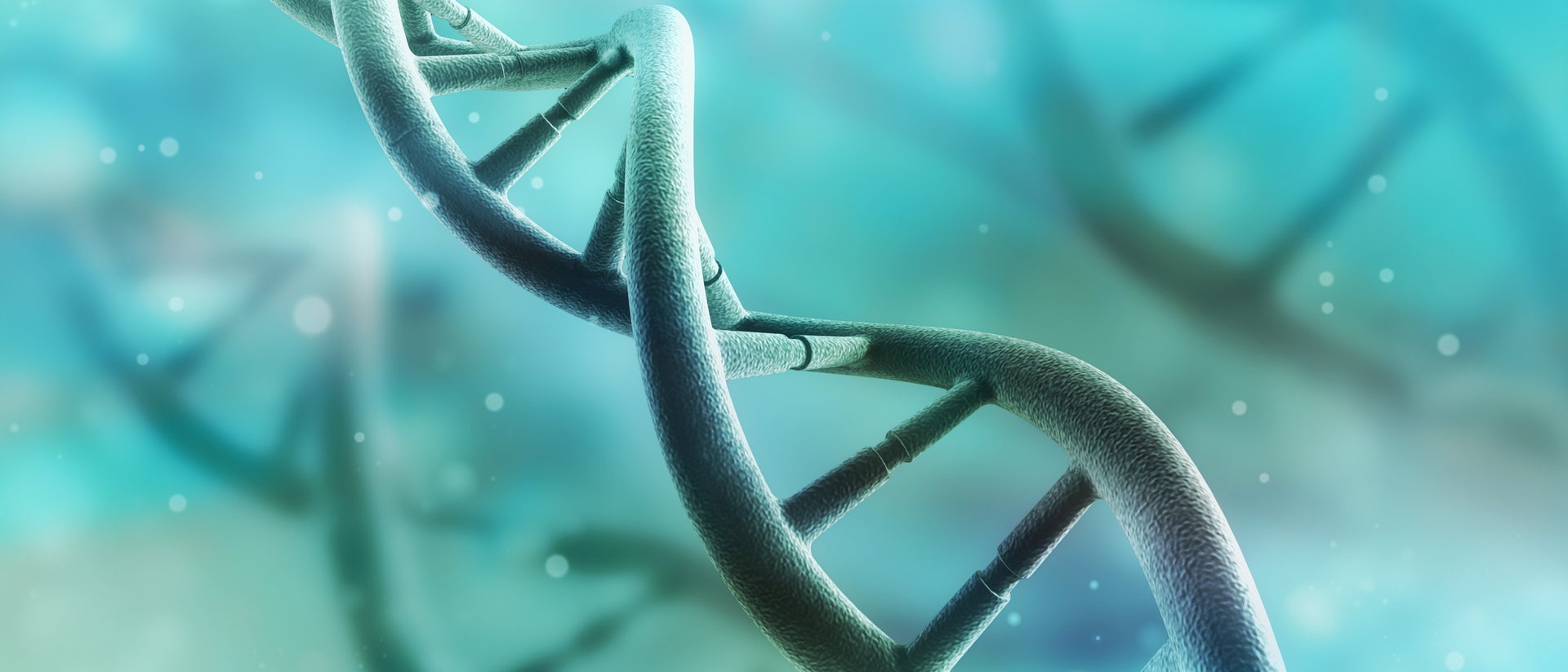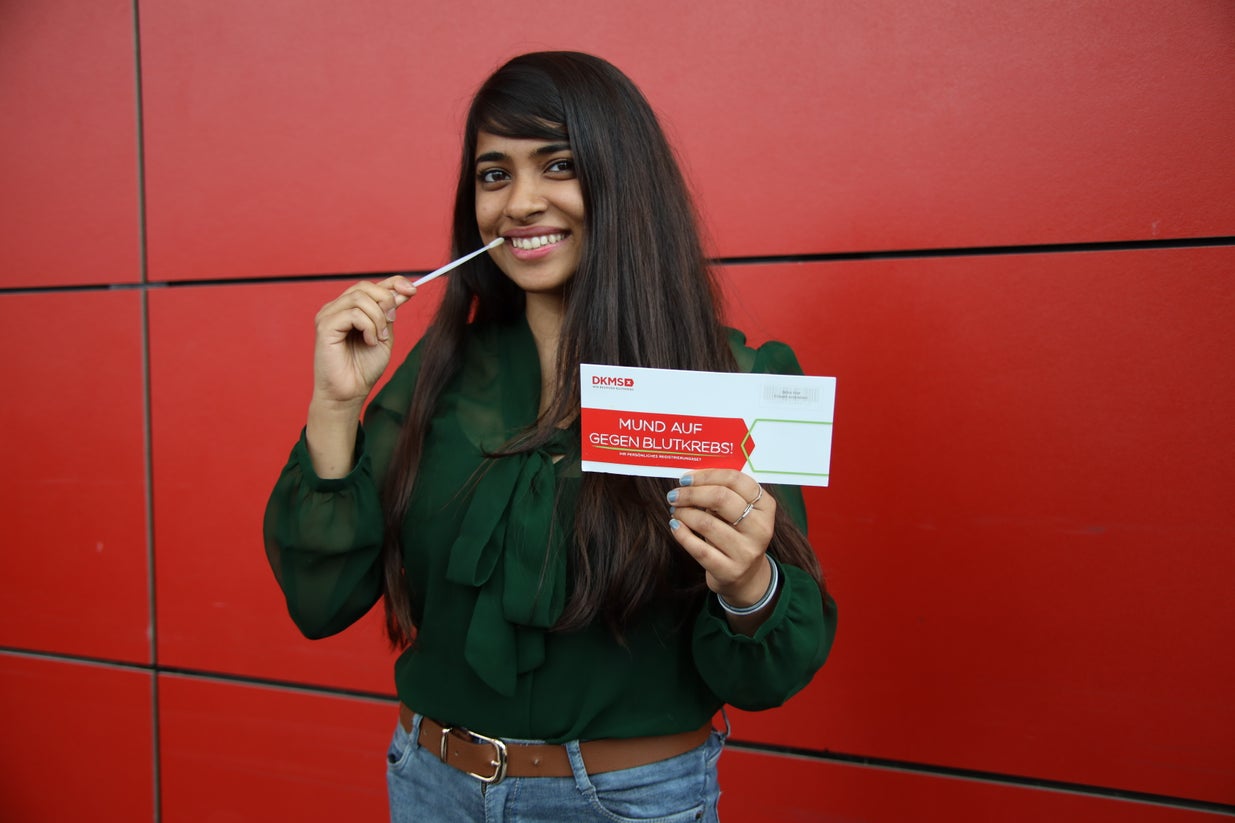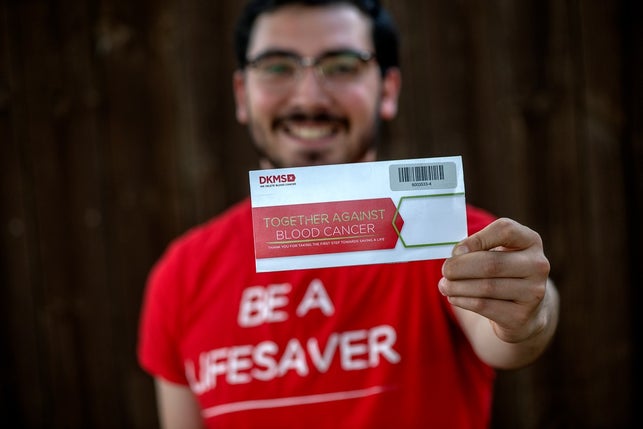HLA Services

About us
The team works closely with our Bioinformatics team, the Scientific Projects team, and our DKMS Life Science Lab to improve our existing donors’ typing quality based on the latest scientific findings. This is done by requesting new samples to add additional parameters to the donors’ profiles.
We aim to reduce the need for preliminary tests for potential donors so that we can decrease the time-critical search process and so search coordinators can find the best possible donor for their patient. DKMS is a leader in this field, aiming to ensure that physicians have access to the most important and relevant information to match donors with patients in need of a transplant as quickly as possible.
To improve the typing quality of our registered donors, we have developed several quality programs.
Availability Program
The availability of donors is a crucial factor when it comes to patients receiving transplants as quickly as possible. To further improve our donors’ high availability, we regularly contact young donors with common HLA characteristics as part of our Availability Program.
Ancestry Program
In our Ancestry Program, run in Germany, we ask our registered donors with rare HLA characteristics to encourage their family members to register. This helps us to diversify our donor pool and provide donors for patients who otherwise might not have found a match.

CMV Project
Knowing our donors’ Cytomegalovirus (CMV) status also saves valuable time in the search for the best possible match. Therefore, we are typing once again many of our donors who had registered in the past, so that we can include their CMV status in their donor profile within our CMV Project. Since 2017, our DKMS Life Science Lab has been testing for CMV status at the point of donor registration, using dried buccal swab samples.
Re-typing
A further important task involves the search for new donors by re-typing donors who have been identified as a possible match for a patient, but who were initially typed at low resolution. By re-typing these donors, we help to decrease the number of potential donors who are requested for Confirmatory Typing, saving both time and money for search coordinators and transplant centers and ultimately benefiting the patient.

Replacement Donor Program
Through our Replacement Donor Program, our HLA Services team searches for an identical (or closely matching) donor for every one of our donors who is asked to donate. This way, we can protect the donor from being asked to make multiple donations to other patients, and we can also ensure that we are able to quickly identify alternative donors in case a donor is not able to donate due to medical reasons or should they withdraw their consent to donate at any time during the donation process.
High Risk Typing Program
As part of our High Risk Program, our HLA experts support patients from financially disadvantaged backgrounds by providing their physicians and search coordinators with free searches of all DKMS donors worldwide and, when necessary, free re-typing of registered DKMS donors in Germany.